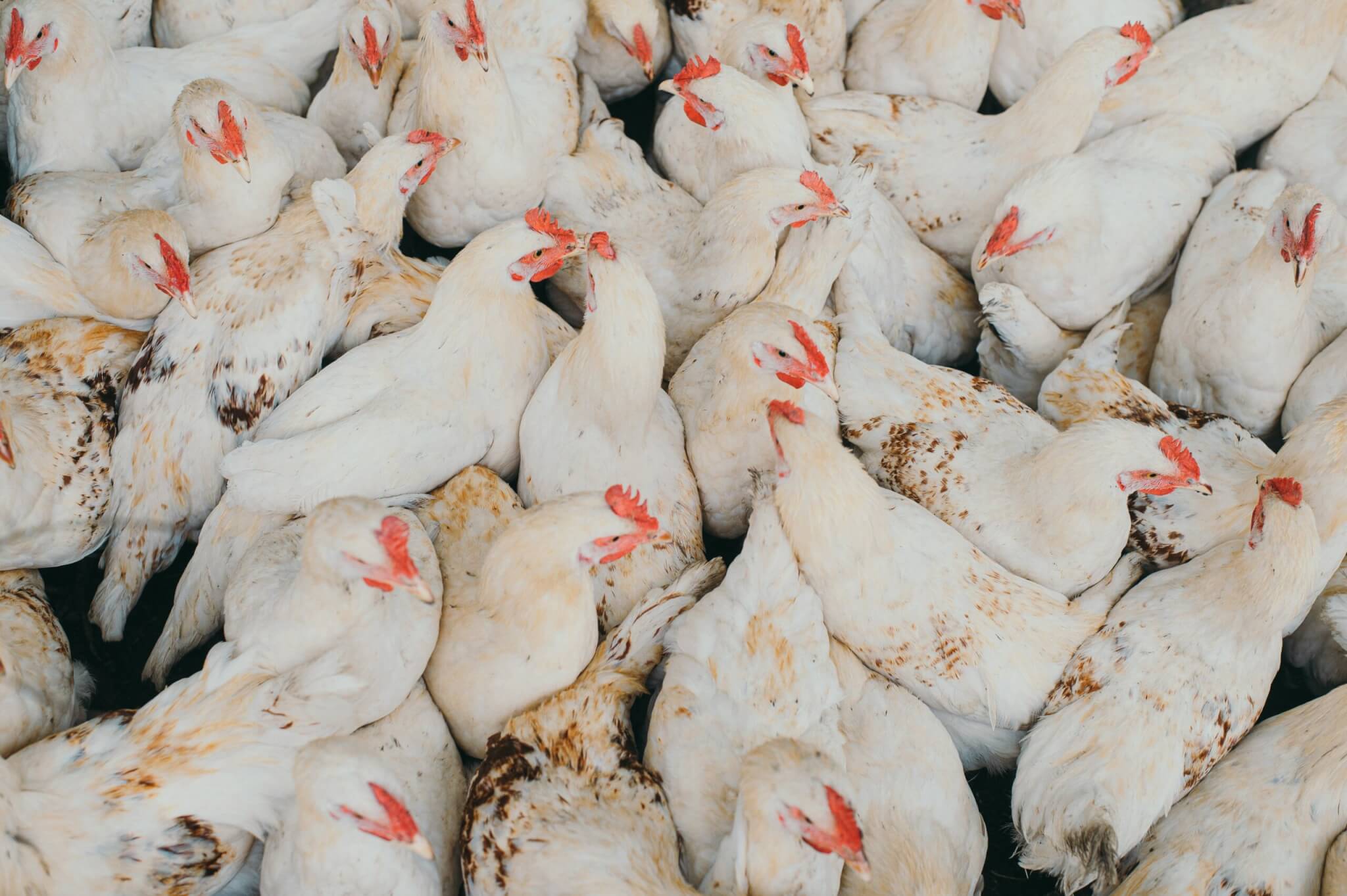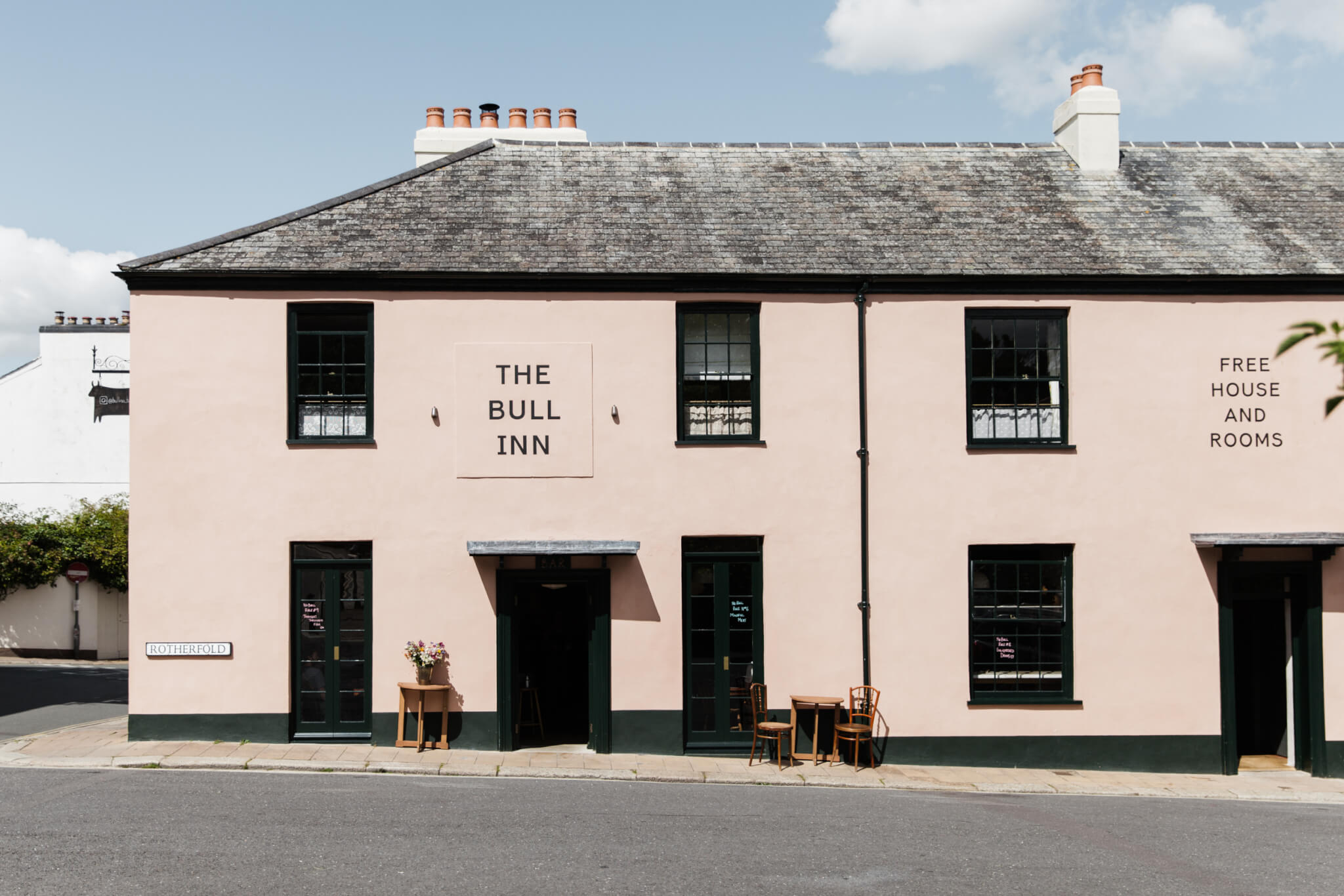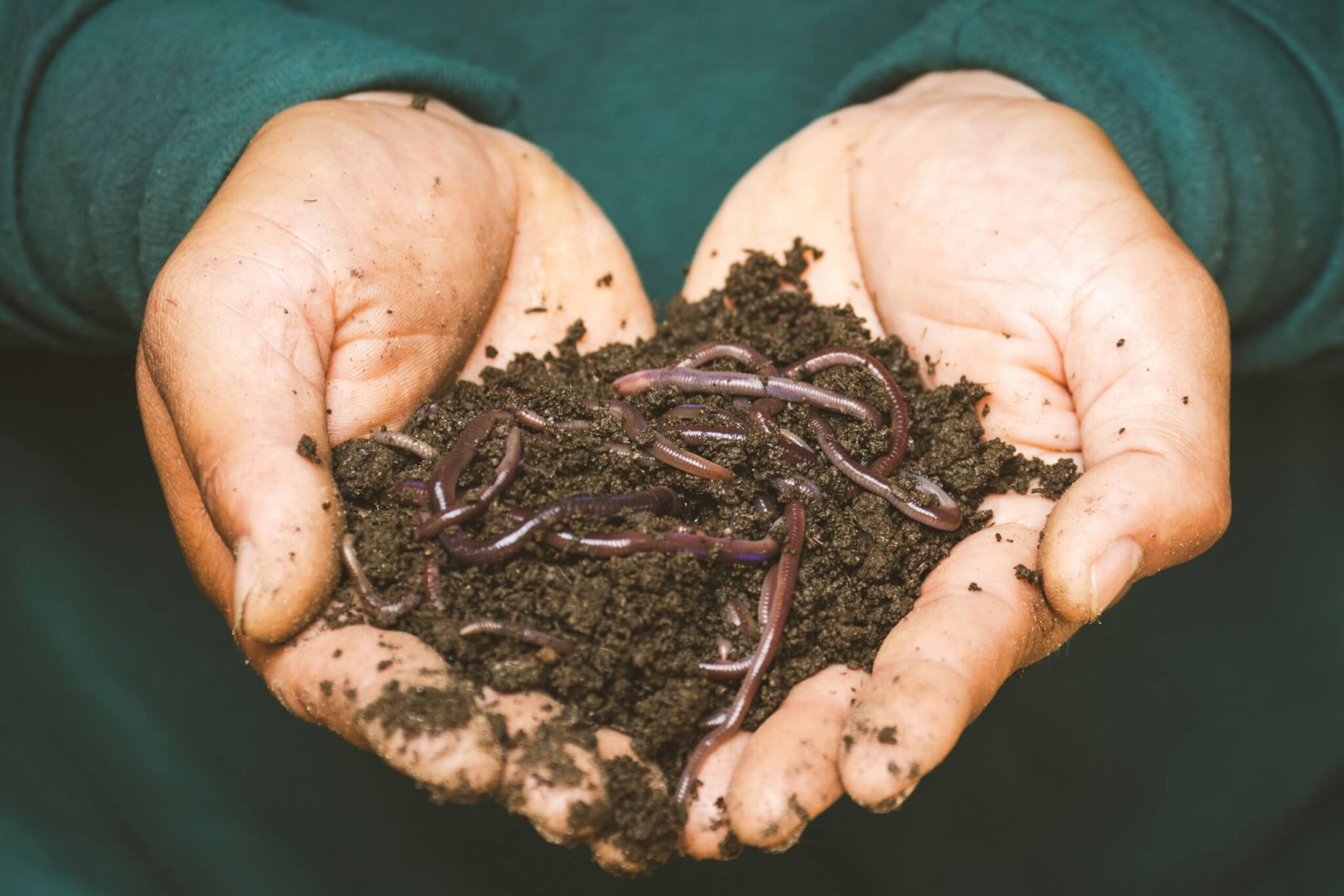In early 2022, we planted 1588 nut trees across four farms. Riverford customers who introduced their friends through our Refer a Friend scheme contributed to getting our inaugural agroforestry project off the ground – the money we would have spent on marketing to find new customers went instead towards planting trees, making us all winners.
We’ve since planted over 16,000 trees – a mixture of woodland and agroforestry – to help sequester carbon, improve soils, and boost biodiversity. Nut trees reduce the need for soil disturbance by moving from annual to long-term, perennial cropping; they also facilitate the move to a locally grown, plant-based diet and increase the total food production per acre. Economically it was risky and even this bold, environmentally committed farmer needed your support to take the plunge; a new crop grown in a new way brings a mountain of lessons to learn on site selection, varieties, protection from livestock, deer, hares, and squirrels, best methods for weed control, how to install irrigation, and how to harvest economically.
For the most part it’s gone remarkably well. Despite two very dry summers, most of the trees have established with over half looking great and already starting to produce nuts. The big question now is how to harvest mechanically and at a cost that will enable us to be competitive (and maybe even persuade a few more Brits to eat a few more nuts along the way)? Most nuts are grown in drier climates, in monocultures sprayed with fungicides, insecticides, and herbicides, allowing them to be swept, blown, or sucked into crates or a trailer. A perennial crop that should be benefiting nature has been reduced to one that destroys it in a bid to reduce harvest costs and boost yields. Can we do better without becoming prohibitively expensive? It’s unquestionably a challenge, perhaps involving smart engineering to shake the trees and catch the nuts before they touch our rough, damp ground.
We’ll share more on how we crack the harvesting dilemma as things progress, but in the meantime, we can share a new film from Riverford which captures summer on the farm and gives a feel for why most farmers do what they do, even when they’re never sure it’ll pay off.
Photograph by Emma Stoner
Filmmaker Nick Whitworth and Riverford’s social media manager, Hannah Marsh, recently created a film that beautifully celebrates the summer season, and the hard work of some of our growers. Watch the film here: https://www.riverford.co.uk/farm-stories
Our News from the Farm posts come from Riverford. They are the digital versions of the printed letters which go out to customers, every week via Riverford’s veg boxes. Guy Singh-Watson’s weekly newsletters connect people to the farm with refreshingly honest accounts of the trials and tribulations of producing organic food, and the occasional rant about farming, ethical and business issues he feels strongly about.













Not a comment about nuts but I hope you crack the problem.
I would like to know what you think about the growing of Maize by farmers for biogas production. This is common practice here in south Somerset and a trip into Dorset today showed the same thing. Acres of the Suffolk are being grown and harvested about now. Massive tractors with trailers going back and forth to the digestors spreading gunge on the roads. Surely this is wrong, why aren’t farmers growing food? It must be for economic security but what are farmers for if not growing food.
Stuff not Suffolk (typo).